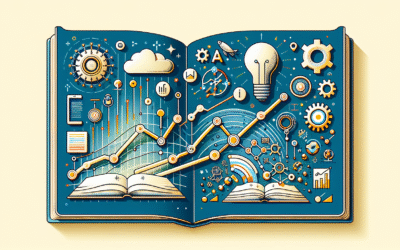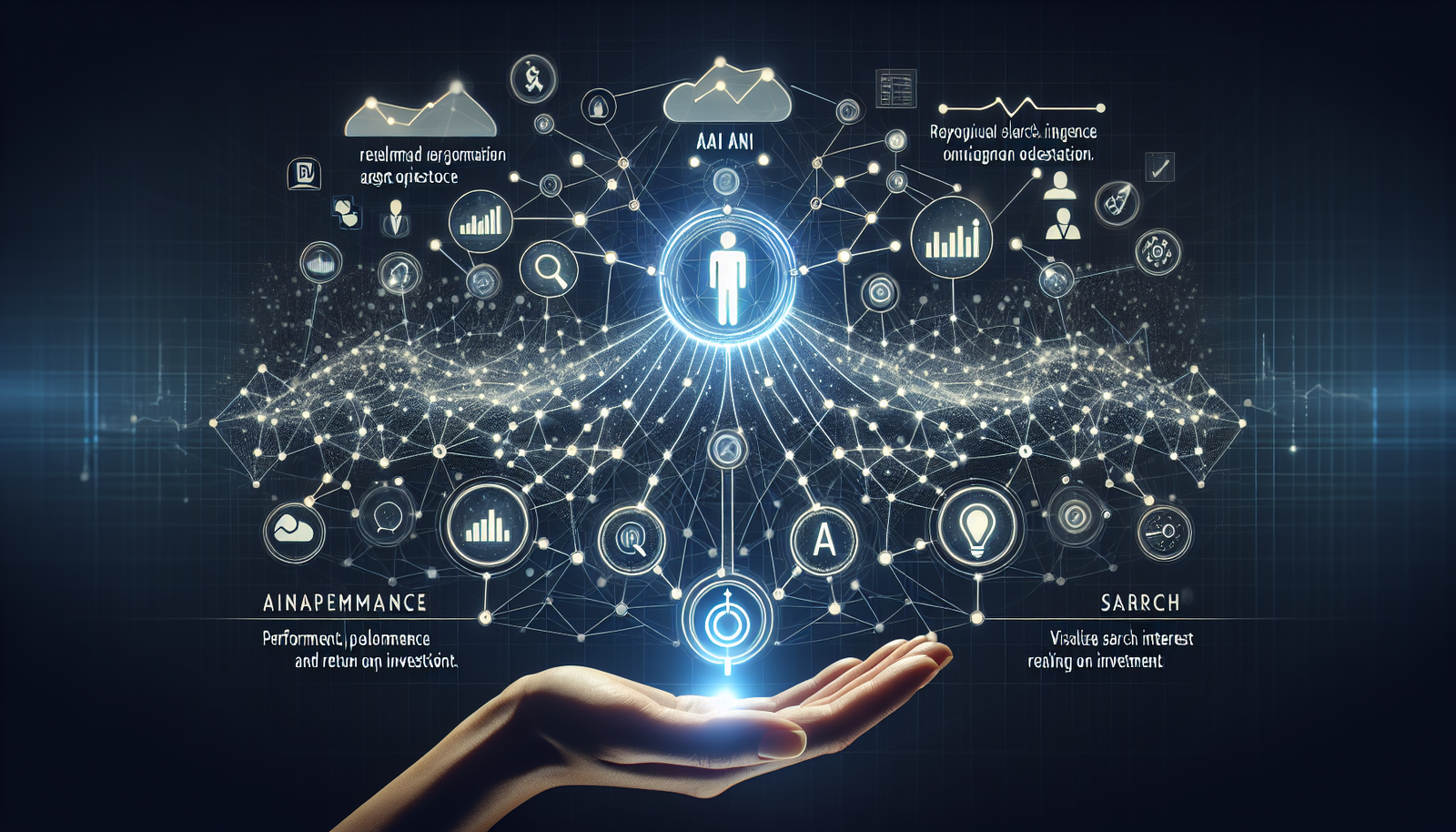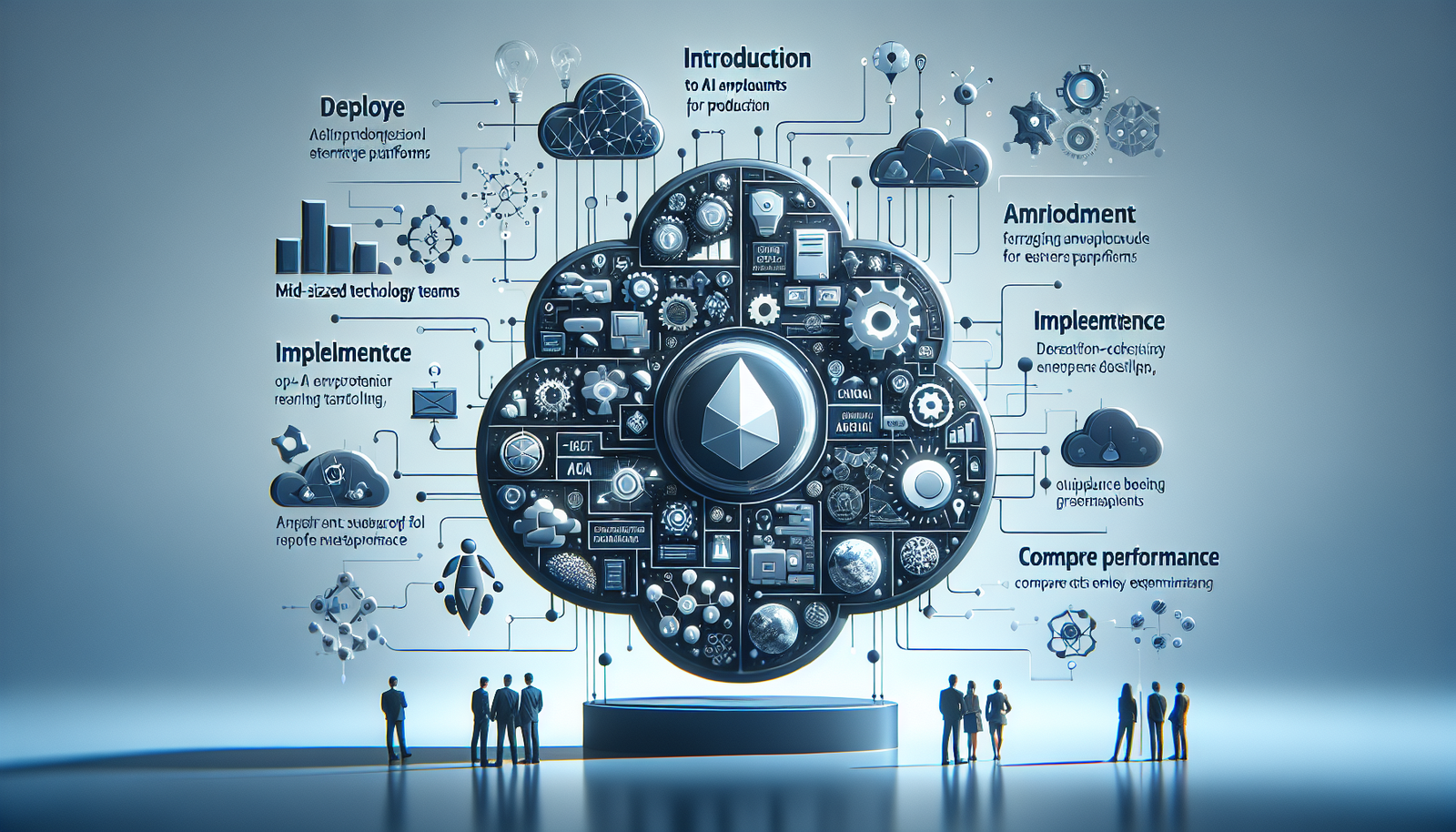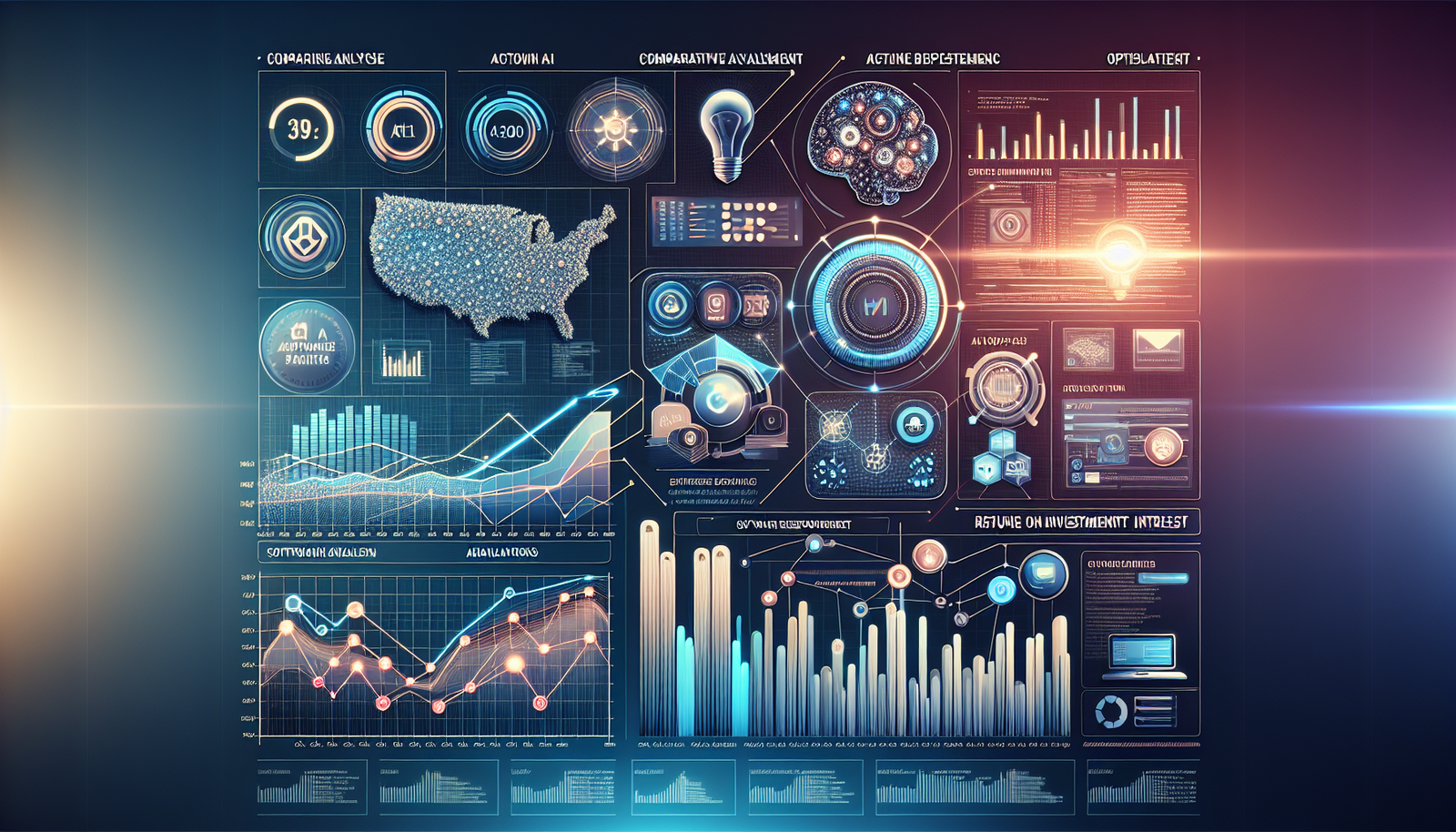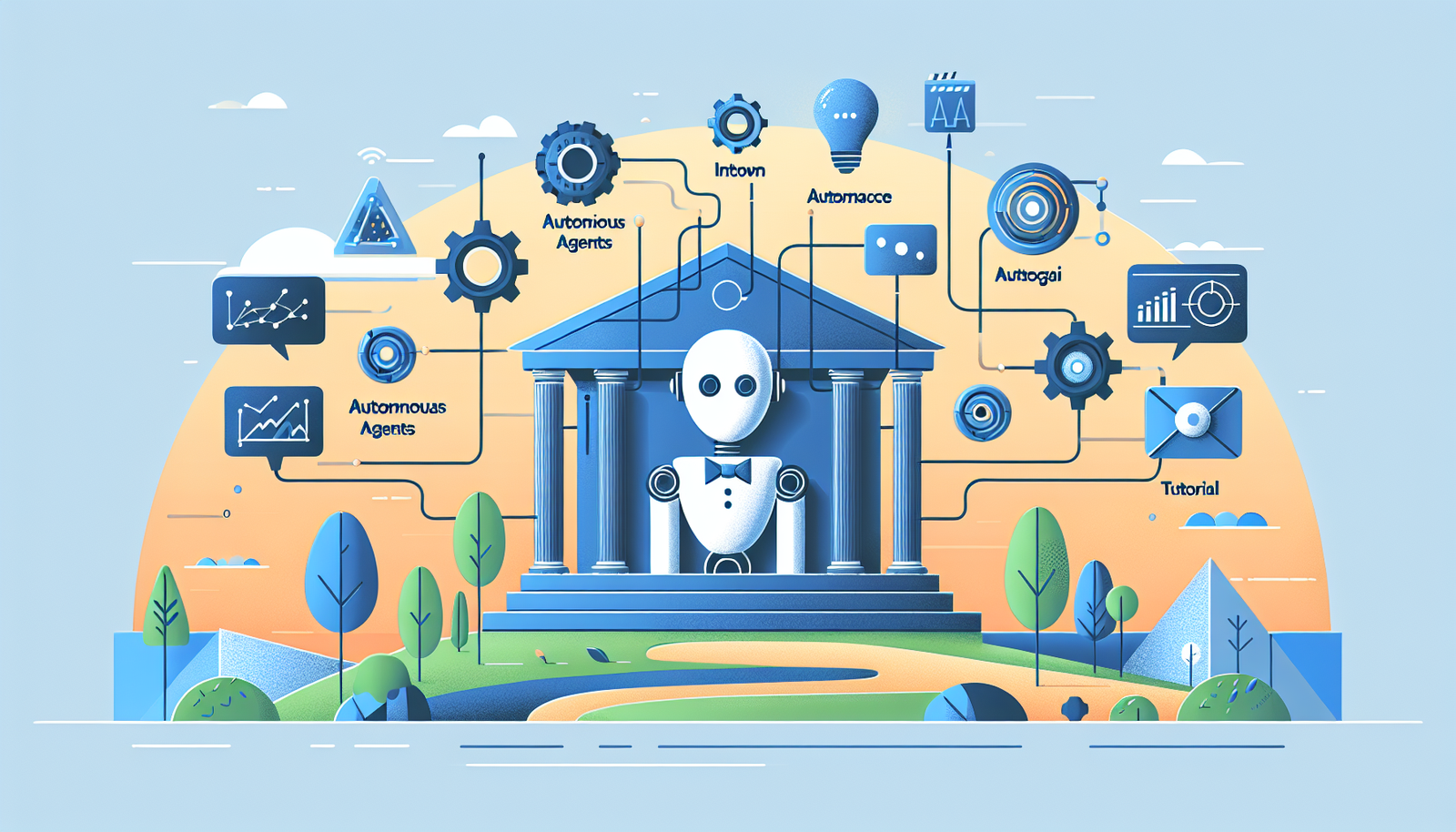Introduction: What Makes an Enterprise-Ready AI Agent Platform in 2025?
As AI agents evolve from experimental tools to mission-critical systems, enterprise buyers are asking a strategic question: what is the best AI agent platform for deployment in 2025? Enterprises need platforms that not only execute tasks intelligently but also scale, integrate, and comply with their complex environments.
Key Criteria for Enterprise AI Agent Deployment
Scalability and Tool Orchestration
Modern enterprises require more than isolated chatbots. They need agents that can trigger workflows across APIs, CRM systems, documents, and private data repositories. Platforms like LangChain and CrewAI support multi-agent orchestration and tool routing—crucial for building persistent workflows.
Security and Governance Controls
Gartner reports that 88% of CIOs cite security as their top barrier to adopting generative AI. Platforms like IBM Watsonx stand out by offering explainability, compliance tooling, and access control layers that satisfy enterprise IT and legal teams.
Integration with Enterprise Systems
Whether it’s syncing with Active Directory, invoking tasks across Microsoft Dynamics, or embedding into SAP, integration matters. Microsoft’s Azure OpenAI Service and Google Vertex AI’s Agent Builder offer native integration with cloud and business software ecosystems.
Top AI Agent Platforms to Consider in 2025
IBM Watsonx: Governance and Transparency
IBM’s Watsonx Assistant supports highly regulated sectors with built-in lineage tracking, data degradation management, and model lifecycle controls. It’s enterprise-tested and ideal for industries like healthcare, banking, and insurance.
LangChain and CrewAI: Open and Modular
LangChain continues to dominate developer-led orchestration by offering modular agents with tool and memory integration. CrewAI lets businesses coordinate multiple agents using human-like roles and task flows. Both platforms thrive in composable AI stacks.
Microsoft Azure AI & OpenAI Service: Cloud-Native Scale
For enterprise-wide deployment with SLAs and compliance coverage, Azure’s integration of GPT models via managed services is a top contender. It supports fine-tuning, model-level controls, and API-based extensibility into Microsoft’s ecosystem.
Google Vertex AI Agent Builder
Announced in late 2023, this tool allows enterprises to design agents with visual interfaces, built-in grounding capabilities, and real-time collaboration components. Especially useful for business process automation and knowledge worker augmentation.
Other Notables: Rework.ai, AutoGPT-Enhanced Agents
- Rework.ai: Focuses on repetitive enterprise workflows such as ticketing, customer response, and HR automation.
- AutoGPT Variants: Emerging agents with long-term memory, web browsing, and plugin support—though not always enterprise-hardened.
Comparing Open vs Proprietary AI Agent Platforms
Benefits of Open Source Frameworks
Open systems like LangChain, AutoGPT, and LangGraph offer transparency, faster iteration, and customizability. These are ideal for companies with robust engineering teams looking to tailor agent behavior.
Pros of Proprietary Enterprise Offerings
IBM Watsonx and Azure OpenAI provide service-level agreements (SLAs), security audits, and certified integrations—minimizing operational risk.
Hybrid Deployment Models Gaining Popularity
2025 sees a rise in hybrid approaches where backend orchestration uses open tools while front-end deployment layers tap into cloud-native platforms—offering the best of agility and governance.
Choosing the Right Platform: A Decision Framework
Use Case Alignment
Start by defining strategic uses—whether it’s customer support automation, internal knowledge agents, or sales enablement. Each use case may favor different architectures.
Budget and Resource Availability
LangChain and open platforms are cost-efficient but require engineering talent. IBM Watsonx or Azure AI come at a service premium but reduce internal development overhead.
Legacy Infrastructure Compatibility
Ensure the platform offers connectors, SDKs, or middleware to work with your CRM, HRIS, and file systems. Consider APIs, connectors, and EHR integrations where needed.
FAQs on AI Agent Platforms for Enterprises
What is the difference between AI agents and chatbots?
Chatbots are rule-based or stateless conversational tools. AI agents, in contrast, perform tasks automatically, maintain memory, and orchestrate tools or APIs across workflows.
Can we deploy AI agents on-premises?
Yes. Platforms like IBM Watsonx support on-premises or hybrid deployments, giving enterprises greater control over data residency and compliance requirements.
How does agent orchestration differ from prompting?
Prompting is single-instruction engagement with an LLM. Orchestration involves sequencing tasks, using tools, memory chains, and managing multiple steps or sub-agents.
Focus Keyword: best AI agent platform for enterprise

